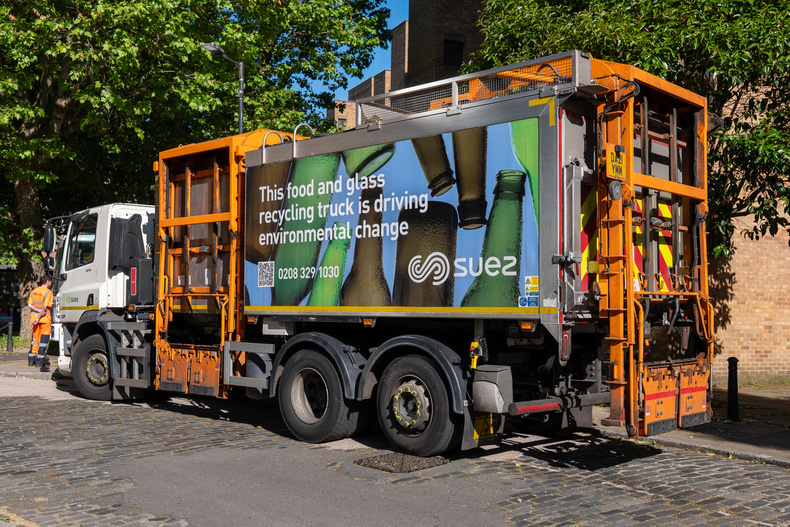All you need to know: The Simpler Recycling reform

Written by SUEZ recycling and recovery UK
The Simpler Recycling reform which will standardise recycling in England is almost here. The new legislation aims to end confusion over what can and can’t be recycled by businesses in England.
By end of March 2025, businesses and organisations in England with 10 or more employees must separate food waste and recycling collections from their general waste into separate bins. Businesses with less than 10 employees are required to comply by March 2027.
By standardising and simplifying recycling, the reform makes compliance easier, cuts disposal costs and taxes, prevents recycling bin contamination, and helps companies gain a competitive edge.
Recycling right
With the advent of Simpler Recycling, a renewed spotlight is put on the top tiers of the waste hierarchy: reduce, re-use, recycle. When done right, businesses will see less contamination, higher quality recycled materials, diversion of waste from landfills and increased recycling resources value.
All this leads to a greater appreciation for the circular economy and conservation of precious natural resources. With commercial and industrial waste accounting for nearly a fifth of the UK’s total waste, it's clear that businesses must take action to reduce their environmental footprint and landfill contributions.
At SUEZ recycling and recovery UK, effective waste management starts with understanding commercial waste and the different types of waste produced. These waste streams include food waste, dry mixed recycling (DMR), plastic, metal and glass, paper and card, hazardous and confidential waste, and finally residual waste also known as general waste.
We also make food and glass recycling easy with our fleet of split-body vehicle collections. One truck, one trip – less hassle, lower carbon impact. This also allows you to focus on your core operations and keep your business compliant.
Ripple effect
The new recycling reforms also encourages behaviour change. Through awareness campaigns and training, employees develop recycling habits. SUEZ teams conducting educational workshops on waste management for customers have seen this positive attitude change among employees.
Simpler Recycling has far-reaching benefits, reducing pollution, landfill waste and carbon emissions.
Fully aligning with SUEZ’s triple bottom line, implementing Simpler Recycling is one of the practical ways that SUEZ can promote circular economy in the UK. We lead by example, helping our customers achieve their sustainability goals, especially ensuring our customers a smooth transition to Simpler Recycling.
SUEZ offers a full range of waste management solutions tailored to different businesses’ needs. From turning food waste into energy through anaerobic digestion to recycling DMR and more, we are committed to keeping waste out of landfills and supporting businesses navigate their circular economy journey, while remaining competitive.
Poor waste practices can lead to costly legal and reputational risks. Having a good waste management system in place, on the other hand, ensure compliance and goes a long way to strengthening your business’s sustainability credentials.
Let SUEZ help you start your Simpler Recycling journey. Visit our Simpler Recycling page or contact us at 0800 083 0504.
